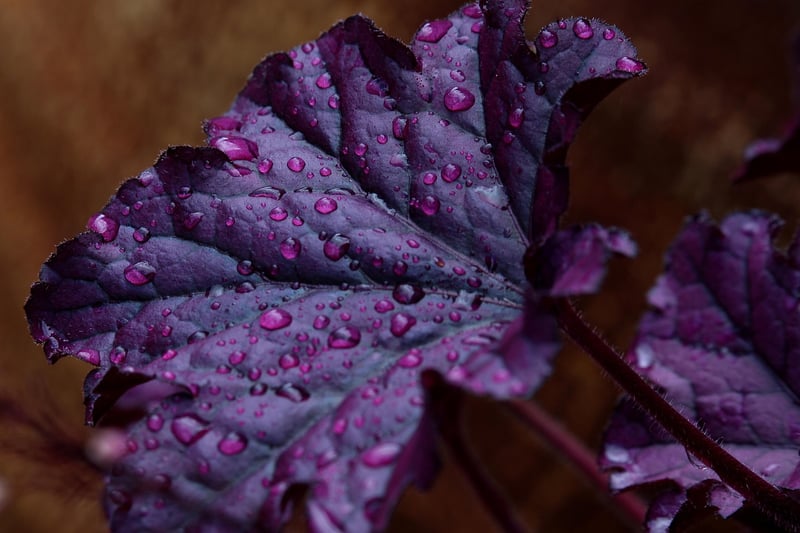Pest Control
Keeping Your Garden Healthy: Effective Pest Control Tips
Welcome to the ultimate guide on maintaining a healthy garden by effectively controlling pests. A flourishing garden not only adds beauty to your home but also provides a sanctuary for beneficial insects and wildlife. By implementing these pest control tips, you can ensure that your plants thrive and remain pest-free.
1. Identify the Pests
The first step in pest control is identifying the culprits. Keep an eye out for common garden pests such as aphids, slugs, snails, caterpillars, and spider mites. Knowing which pests are plaguing your garden will help you choose the most effective control methods.
2. Encourage Beneficial Insects
Invite beneficial insects like ladybugs, lacewings, and predatory wasps into your garden. These insects feed on harmful pests, helping to naturally control their populations. Planting flowers like marigolds and alyssum can attract these beneficial bugs.
3. Neem Oil Spray
Neem oil is a natural insecticide that can effectively control a wide range of garden pests. Mix neem oil with water and a small amount of dish soap, then spray it on your plants to deter pests like aphids and caterpillars.
4. Use Row Covers
Protect your plants from pests by using row covers. These lightweight fabric covers create a physical barrier that prevents insects from reaching your crops. Row covers are particularly useful for preventing caterpillars and beetles from damaging your plants.
5. Practice Crop Rotation
Rotate your crops each season to disrupt the life cycles of pests. By planting different crops in each area of your garden, you can prevent pests from building up in the soil and reduce the risk of infestations.
6. Homemade Pest Sprays
Create your own pest spray by mixing ingredients like garlic, onion, hot peppers, and soap. Blend these ingredients with water and strain the mixture before spraying it on your plants. Homemade sprays can repel pests and protect your garden naturally.
7. Maintain Garden Hygiene
Keep your garden clean and tidy to prevent pest infestations. Remove weeds, fallen leaves, and debris that can harbor pests. Regularly inspect your plants for signs of pest damage and take action promptly.
Conclusion
By following these effective pest control tips, you can keep your garden healthy and thriving. Remember that a balanced ecosystem with a diversity of plants and insects is key to long-term pest management. Embrace natural solutions and sustainable practices to create a vibrant and pest-free garden that you can enjoy year-round.

For more gardening tips and tricks, check out our gardening blog.
